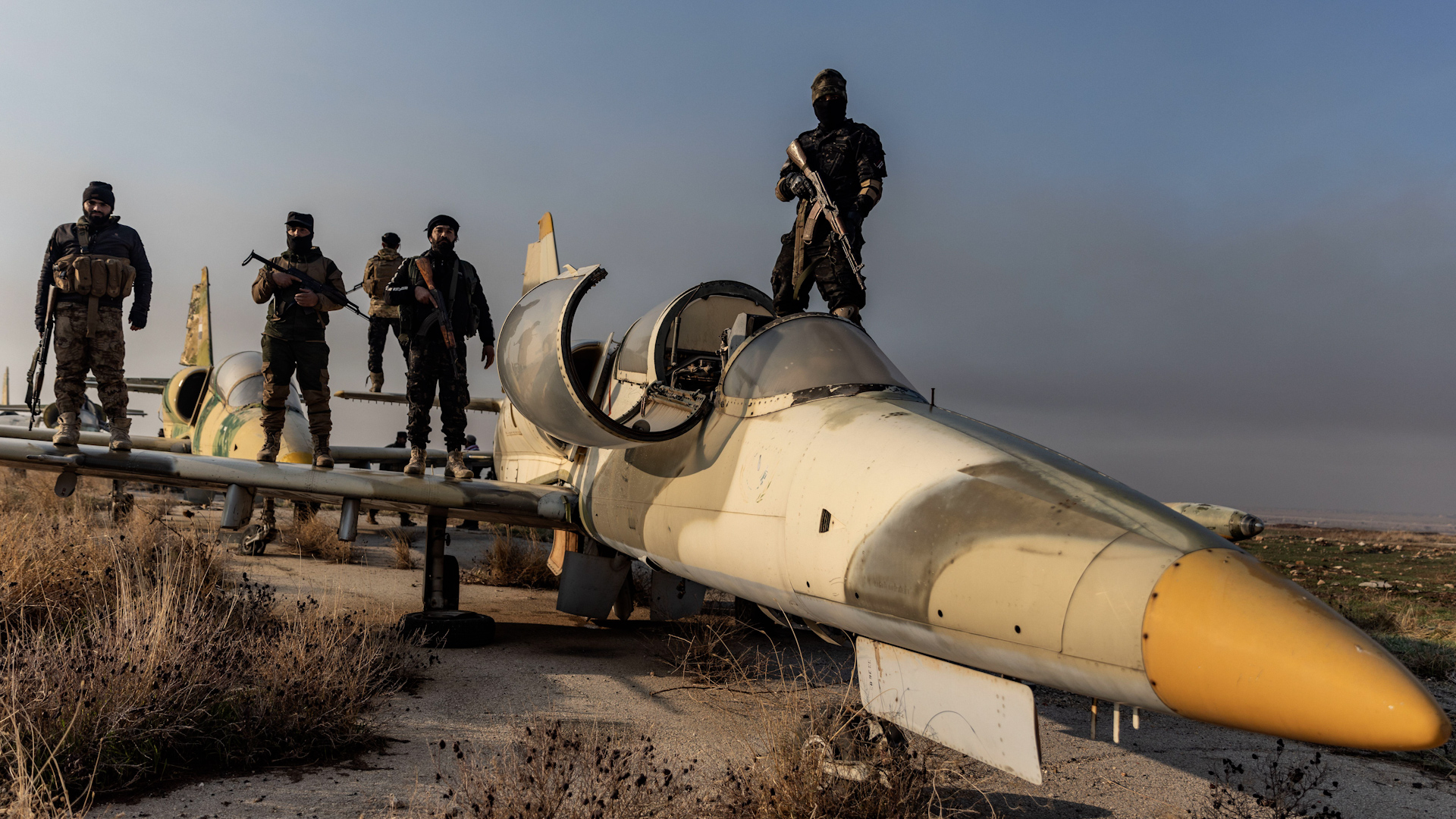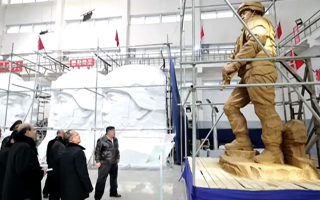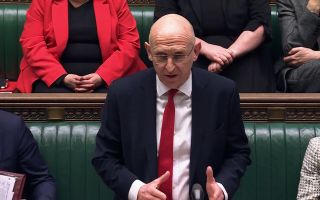
Sitrep: Will Syrian civil war revive ISIS and will Russia's involvement hurt them in Ukraine?

The West needs to stay out of Syria, but Russia's support of Bashar al-Assad could cost them in Ukraine.
That is the opinion of Professor Michael Clarke, resident expert on the Sitrep podcast – which analyses the top defence stories of the week and is available wherever you get your podcasts.
However, he did say Russia's involvement in Syria, which Prof Clarke said sees them target civilians, could leave them stretched in Ukraine.
"They bomb civilians and, if it doesn't work, the Russians will have to decide whether to let Assad go, let him fall, in which case they lose their base at Latakia and at Tartus, or to divert troops to somehow hold the line for Assad," he said.
"And they don't have enough troops at the moment easily available to divert.
"That would make the difference.
"It is possible that if this war goes on in Syria, it will stretch the Russians further and they're already quite stretched as things are."
So is there any chance the conflict could affect the West or see a resurgence of the so-called Islamic State?
Dr Karen von Hippel, director general at defence think tank RUSI and former chief of staff to General John Allen when he led the international coalition against ISIS, was also on Sitrep.
She said it is a possibility the terrorist group could reform.
"I'm sure that they will be watching very carefully and trying to decide how they can jump in," she said.
"They were weakened significantly in a military sense by the coalition and, certainly, I think it was mostly eradicated in 2016, 2017.
"But it's possible.
"We can defeat these groups militarily, but they will exist.
"They'll spread out their networks, they're online, they're all over the world, and so they can come together again if they have the ability and they find an opening in a vacuum."
She also said the current groups, namely Hayat Tahrir al-Sham, or HTS, have seen an opportunity to overthrow the Syrian government and have taken it.
"The opposition organisations have come together to coalesce because we've seen Iran weakened by Israel, they've seen Russia distracted by Ukraine, and they very smartly thought this is a time to push ahead," she said.
"Now, who knows what these groups together as a coalition will actually do.
"They claim one thing, they have an Islamist background, but they're claiming something very different and something more modern."
So what should the West do? Well, Prof Clarke said they need to not get involved.
He said the West "lost any leverage over what happens in Syria… in 2013", when David Cameron and Barack Obama's respective governments set red lines and then ignored them.
"Russia stepped in both to embarrass the West and then to save Assad in 2015," he said.
But Prof Clarke explained that, since then, the UK's interest was just in Op Shader, the UK's mission against Islamic State in Iraq and Syria – although that is coming to an end.
He said: "Since then, our interest has simply been Op Shader, which, you know, we've talked about before, which was against Islamic State.
"We can't affect, really, anything that happens in Syria.
"We watch it with interest and the government has got to say, 'yes, we watch it with grave concern', because the grave concern is about the humanitarian consequences of yet more violence.
"But the outcome, whatever it is, is probably only going to be marginally better than the status quo."
You can listen to Sitrep wherever you get your podcasts, including on the BFBS Forces News YouTube channel.








